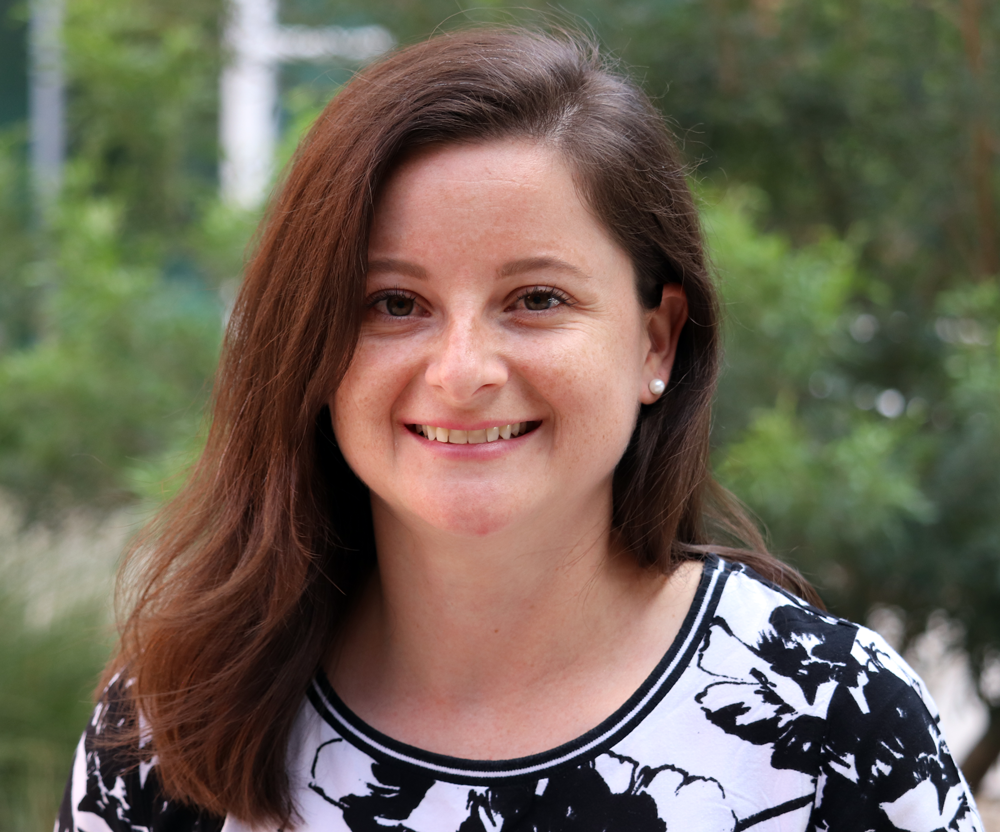| My passion for scientific research started the day I saw fungal spores under a microscope. It was my sophomore year in college in a plant pathology class. By the end of that semester, I was an intern in the plant pathology lab. I got my undergraduate degree in Agricultural Engineering, and my interests were applied field research in crop protection and crop health. Little did I know that a decade later I would be making a career move to be a computational biologist. During my PhD, I transitioned from the field research setting to computational biology. I studied the host-pathogen interactions of a soil-borne fungal pathogen of bermudagrass using transcriptomics. It was my introduction to the world of omics and bioinformatics. As I had no background in this area, my biggest challenge yet was to learn bioinformatics tools. I was privileged to have taken two courses at Cold Spring Harbor Laboratory, where I learned computer programming (Python), sequencing technologies, and analyses of omics data. I just fell in love! But, it took a while to become efficient in my data analyses. I started to “get it” when I was approaching the end of my PhD. One month before graduating with my PhD, I came to the University of Arizona in June 2019 to attend the first FOSS (Foundational Open Science Skills) course offered by the CyVerse. Every single day during FOSS I learned new skills that I could apply to improve my data analyses. The most important tool for me was my code notebook and at FOSS I learned how to develop scripts with RStudio and integrate them with Git. Further, I learned about principles of FAIR data and reproducibility with Git, Jupyter and Rmarkdown. I was also amazed by all the resources CyVerse offers like the Discovery Environment and the Atmosphere (their cloud-computing platform) because it was so easy to use. The people behind the CyVerse are committed to open science and to help researchers, which is very motivating and inspirational for me. I just wish I had taken FOSS at day one of my PhD! I joined the Tfaily lab (Environmental Science-Res) in October 2019. Currently, my main research focus is to develop data analyses pipelines for a variety of research projects. We use a combination of microbial genomics, metabolomics, geochemical and isotopic techniques to understand carbon cycling, soil organic matter composition and climate change in many ecosystems like peatlands, desert, and the tropical rainforest at the Biosphere 2. Pretty soon, I will be expanding our research to agricultural systems to study the role that agricultural management practices play in the soil and plant microbiome, and how those practices affect soil organic matter degradation and formation using the unique and modern techniques that our lab specializes in. My path into computational biology has had many ups and downs. Nonetheless, this experience gave me strength and confidence to not be afraid to get out of my comfort (research) zone. I really enjoy the challenges that computer programming brings to my day-to-day life. I have become highly enthusiastic in sharing my vulnerability, knowledge and collaborating with researchers to help them understand bioinformatics tools and be more efficient in their data analyses. |
|
0 Comments
|
SpotlightEach month we'll feature a Postdoctoral Scholar and their research, sharing their experiences from the UA, life in Arizona and their research interests. Archives
November 2022
Categories |

 RSS Feed
RSS Feed
